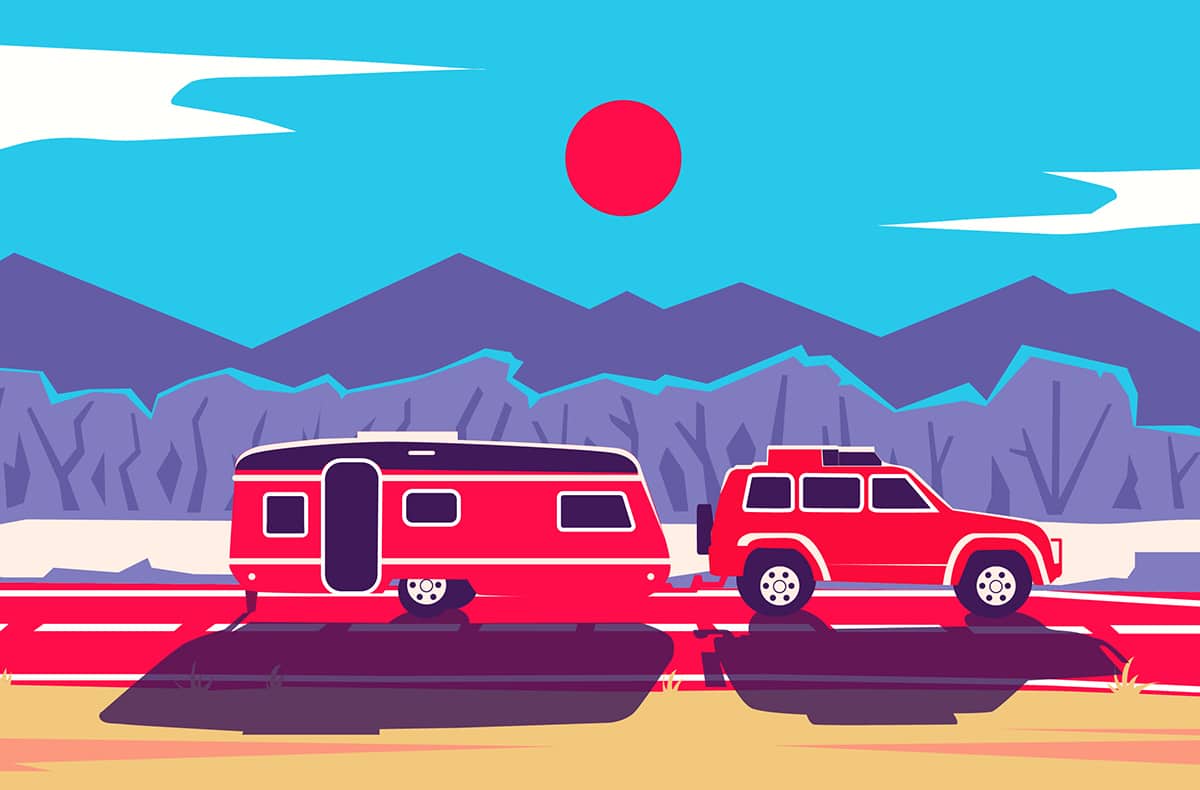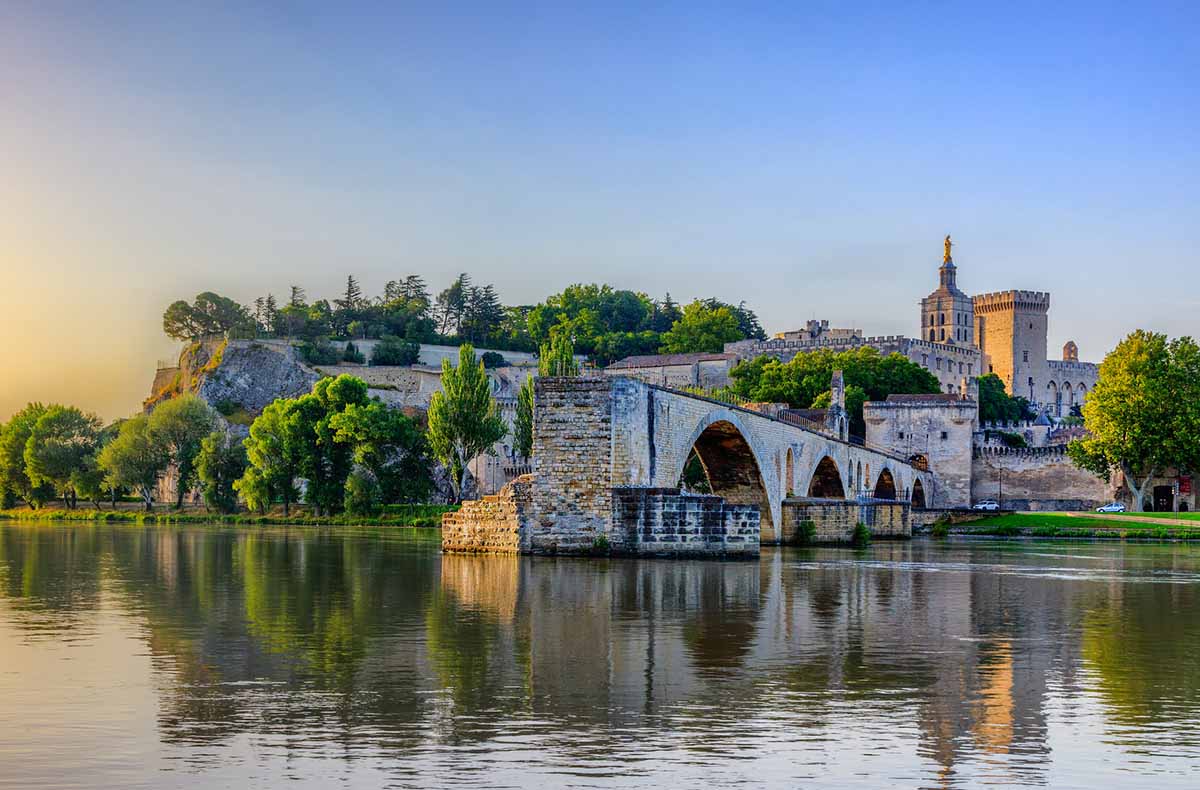
Some weeks ago, I rented a tiny Fiat 500C for what might or might not be the last road trip I ever take. The trip from Barcelona to Paris would last around 10 hours and cover over 1,000 kilometers and cost an unfathomable fuckton’s worth of gasoline—priced around 2.20€ a liter in France at the time, a touch less in Spain—even in a pint-sized hybrid driven in the most reasonable fashion. I didn’t calculate the cost ahead of time. It’s always easier to justify a splurge when you think you’ve reached the end.
In this case, I’m talking about the end of road trips—or at least the end of me being able to morally justify taking them. This sentiment’s strength is somewhat surprising: growing up in the Midwestern United States, road trips are in my blood. (Such feelings are common around the world, to be fair, as evidenced by the popularity of road trip tales like the 2004 Argentine film Diarios de motocicleta [“The Motorcycle Diaries”] or the 2022 Korean drama Broker.) It’s generally wise to be cautious when describing any feeling as universal, but there does seem to be at least a widely common human interest in traveling long distances in an autonomous fashion.
Humanity’s love of road trips isn’t new. Neither is our fondness for stories about them. Ibn Battuta, a 14th century Moroccan-born traveler whose multi-decade voyages took him thousands of kilometers from home to the Middle East, India, and China—and inspired his wildly entertaining book A Gift to Those who Contemplate the Wonders of Cities and the Marvels of Traveling, usually known as al-Rihla (“The Travels”)—was perhaps the world’s first great teller of travel stories. Few in the West now remember his name, but more familiar ones like Don Quixote attest to the historical romance of road tripping.
What makes the appeal of the road trip so enduring? I had much time to ponder this question as I made my way north along Spain’s AP-7, a stretch of highway that is hard to distinguish from any other stretch of highway in the Western world. The curveless path of asphalt meant I made great time, though it also meant I occasionally slipped into highway hypnosis. It occurred to me that this altered state of consciousness might be part of the appeal.
Well, maybe not this exact altered state, but some other kind of change in brain chemistry brought about by the traversing of long distances under your own autonomous direction. It’s not just the pleasure of coming upon a lovely lavender field or a charming medieval village—it’s the knowledge that you are the one calling the shots, that your own decisions have dictated the course your life is taking (in the most literal sense). It feels nice to be in control, especially when the outside world seems to have lost its damn mind.
Or is that the exact kind of thinking that got us into this mess in the first place? Might there be some connection between the urge to jump in one’s own armored box and drive at great speed to a place far away, and the disregard for our fellow living beings that makes us comfortable with considering ethnic cleansing or nuclear war a reasonable price to pay for our own comfort?
Such were my thoughts as I sat in the Fiat at an aire somewhere near the southern French town of Sévérac-le-Château, wiping the crumbs of a mediocre cheese sandwich off my lap and gazing at some deranged metal sculptures of sheep.
Heading north, I questioned more and more my decision to take this trip. Unlike Ibn Battuta or Don Quixote, my travels were contributing to an existential environmental crisis. Car travel now poisons the earth with over three billion metric tons of carbon dioxide each year, and even low-emissions cars like the one I’d rented aren’t blameless—the constant grinding of tires on pavement releases 2,000 times more particle pollution than exhaust alone, according to recent studies. Just as the promise of ethical consumption under capitalism is a mirage, so too is the idea that the electrification of car travel will make it eco-friendly.
But it’s hard to reconcile this knowledge with the direct experience of road tripping. Rolling through the French countryside, a Red Bull in hand and La Compagnie Créole blaring from the radio, the collapse of planetary ecosystems feels far less immediate than the sensations of freedom and curiosity. Why would I surrender these small pleasures when moments of joy feel increasingly hard to come by in this world? Even this relatively decadent excursion was contributing a statistically insignificant amount of pollution to a planet already choking on the lifestyles of the global 1 percent, who are responsible for more carbon emissions than the poorest 3 billion people on earth.
If the ship is already sinking, why not get yours while the getting’s good?
My rational brain has no good answer to that. However, a few hours south of Paris, as I drove past the nuclear power plant of Belleville-sur-Loire, I began to feel a sense of loss—a deep sadness for all the mistakes our species has made, and the price that we and all other beings are paying as a result. It started to become clear that whatever control over life’s chaos I thought would come from taking the wheel was an illusion.
A few hours later I arrived at my final destination. Calling it anticlimactic would be an understatement. As I stepped out of the car, I wondered if road trips could ever feel like they used to—that is, if I could even justify going on another one, knowing the toll they take on the people, plants, animals, and natural systems that make life worth living.
Right now, the answer is “no.”



